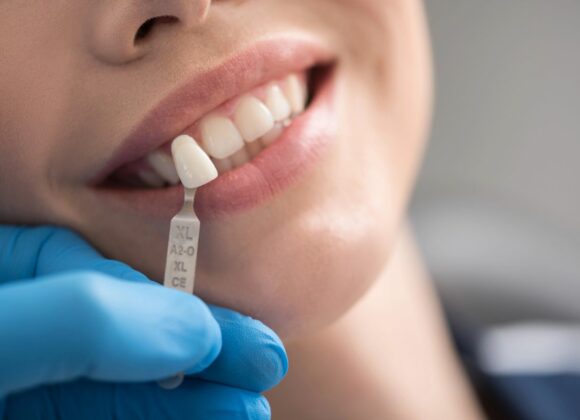Things to Know About Dental Caps for Teeth
Dental caps, also known as dental crowns, are tooth-shaped covers placed over damaged or decayed teeth to restore their shape, strength, and appearance. They’re commonly used after root canals, large fillings, or for cosmetic improvements. Seattle’s Family Dentistry provides dental caps for teeth in Greenwood, Seattle, Fremont, Shoreline, Ballard, Northgate and surrounding areas.
- Purpose and Function

Dental caps serve both restorative and cosmetic purposes. They protect weakened teeth from further damage, support teeth with large fillings, hold dental bridges in place, and cover discolored or misshapen teeth.
- Types of Dental Caps
There are several materials used:
Porcelain or ceramic: Best for front teeth; they blend well with natural teeth.
Metal: Extremely durable and ideal for back teeth, though less natural in appearance.
Porcelain-fused-to-metal: Offers a balance of strength and aesthetics.
Resin: Less expensive but more prone to wear and fracture.
- The Procedure
Getting a dental cap usually involves two visits. The dentist first shapes the tooth, takes impressions, and places a temporary crown. On the second visit, the permanent cap is cemented in place.
- Longevity
Dental caps can last 10–15 years or longer with proper care. Good oral hygiene, avoiding hard foods, and regular dental checkups help extend their life.
- Cost and Insurance
Costs vary depending on the material and location, ranging from $800 to $2,500 per tooth. Dental insurance often covers part of the expense if the crown is medically necessary.
- Aftercare
Post-procedure sensitivity is common but usually temporary. Brush and floss regularly, and avoid chewing ice or hard objects to prevent damage.
- Alternatives
In some cases, veneers, onlays, or inlays may be suitable alternatives for less severe damage.
Dental caps are a reliable, long-term solution to preserve and improve your smile when teeth are weakened or unsightly. Consulting a dentist can help determine if a crown is the best option for your dental health.
Would you like to discuss? Please give us a call, or email us!

